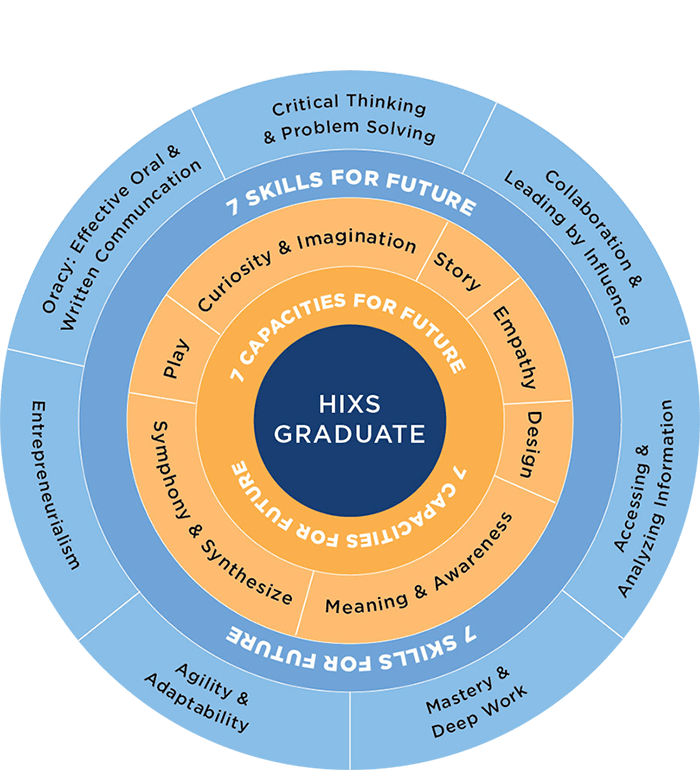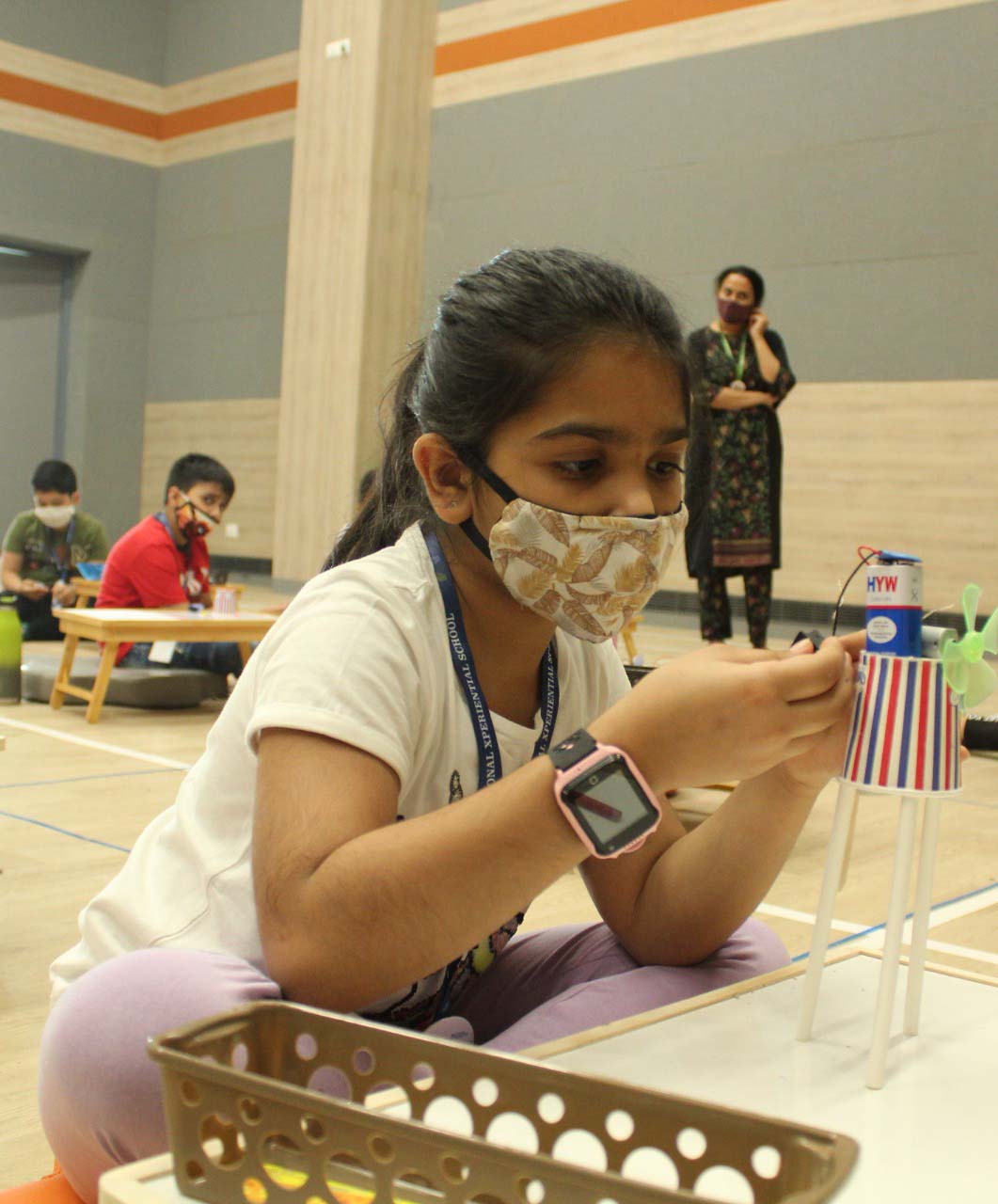

In 2010 parents in a small town like Madurai were concerned that their child would have to compete with job seekers from Delhi, Mumbai and Chennai, so they picked a national board such as CBSE or ICSE instead of a state board. We are now finding that parents from the big cities in India, concerned that their children are going to compete with children from New York, Shanghai, London and likes are now opting for international boards instead of the national boards.
As the world is shrinking and global boundaries fading, the need for a more international curriculum is expanding. Twenty years ago, there were only 1,000 international schools in the world and they were largely built to serve the needs of expatriate parents in these countries. Today, there are more than 8,000 international schools, serving 4.5 million students. And 80 per cent of these students are actually from the school’s host country. And, according to ISC research, the demand is rising—in the next 10 years, experts expect the number of international schools to double to more than 16,000 schools and 8.75 million students worldwide. Today, India has the second highest number of schools offering the international curriculum amongst all countries in the world. Increasingly people are recognising the importance of an international curriculum.
The COVID-19 pandemic and the ensuing lockdowns necessitated an acceleration in the pace of technology adoption that had been initiated by the Fourth Industrial Revolution. The digital economy has expanded boundaries and driven a fundamental shift in the nature of jobs. Physical presence is no longer a prerequisite to doing business. We have entered an era of “work from anywhere”. A rapidly growing number of people are entering the “Gig Economy”. These is an army of freelancers/ micro-entrepreneurs who rely on an internet-connection and a device and can offer their services to anyone across the globe. Up until now, there were several psychological barriers for people to engage with online work and the global population of such workers was only about a 100 million. We are now seeing an alarming increase in the rise of such micro-entrepreneurs. Our children will now be competing with highly skilled manpower across geographies.
Students who only know how to perform well in today’s education system—get good grades and test scores and earn degrees—will no longer be able to succeed in the future economy. Thriving in the 21st century will require real competencies, far more than academic credentials.

“Any skilled professional can take control remotely of any connected ‘thing’. Society has not yet realized the incredible scenarios this capability creates.”
 TOP
TOP